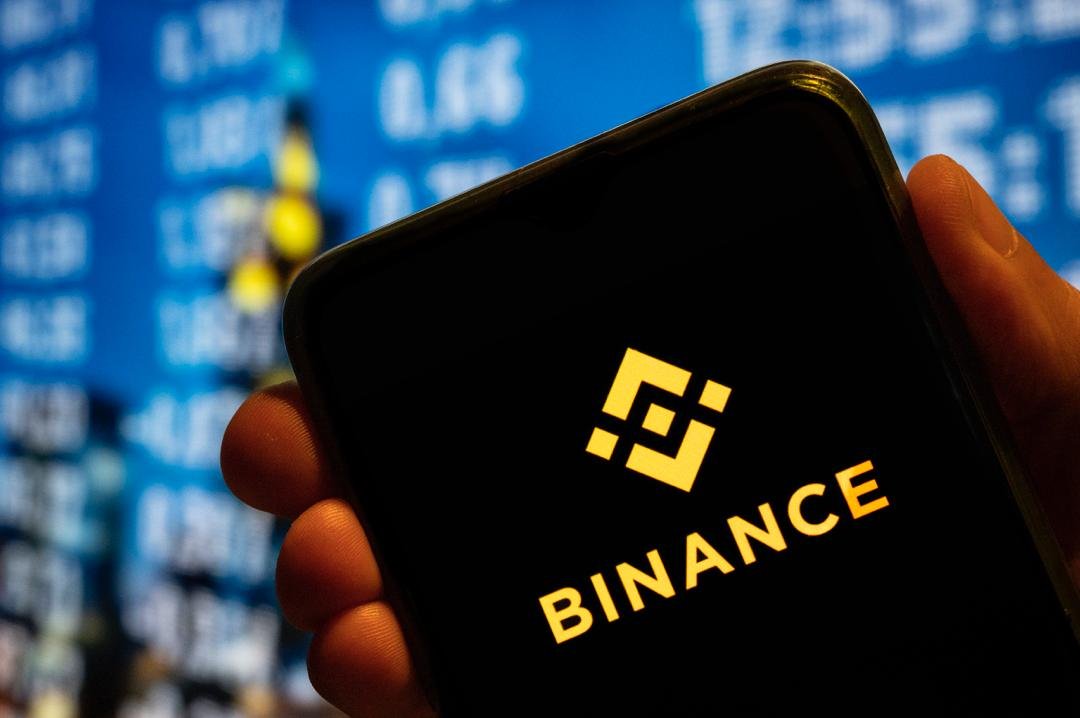Nigeria is currently in pursuit of information from Binance, a popular cryptocurrency exchange, in regards to its top 100 users and their transaction history spanning the past six months. This request was reported by Financial Times, signaling Nigeria’s interest in regulating the cryptocurrency market within its borders.
These recent developments coincide with the revelation of the two executives from Binance who were detained two weeks ago. Tigran Gambaryan, Binance’s head of investigations, and Nadeem Anjarwalla, the crypto platform’s regional manager for Africa, were named as the detained individuals by Wired today.
The two executives were invited by the Nigerian government to discuss the operations of Binance and the restrictions it has imposed on the cryptocurrency exchange. However, their passports were confiscated and they have been held in confinement at a government facility in Abuja, the capital of Nigeria. This detainment is part of Nigeria’s efforts to regulate cryptocurrency exchanges and revive its national currency, the naira, which has been facing criticism.
Before their detainment, both Gambaryan and Anjarwalla were cooperating with the Nigerian government. However, the country’s apex bank claims that Binance is operating illegally and causing “illicit flows” of around $26 billion, leading to potential charges of currency manipulation, tax evasion, and illegal operations. While the two executives may face these charges, their families have reported that they have not been formally charged with any criminal offenses.
Nigeria’s anti-corruption agency was granted permission to detain the Binance executives for 14 days, which ended on Tuesday. There is now a proposed hearing on Wednesday to extend the court order. In the midst of these events, the Nigerian government has also requested information on Binance’s top users in the country. This has become a focal point in the negotiations between the largest crypto platform and the leading African crypto market. The requested time period for this information coincides with Nigeria’s timeline for currency devaluation.
Nigeria, through its national security adviser, has also requested for Binance to address any outstanding tax liabilities.
These developments showcase the growing interest and efforts of Nigeria in regulating the cryptocurrency market within its borders. As talks and investigations continue, the future of Binance and its operations in Nigeria remains uncertain.








